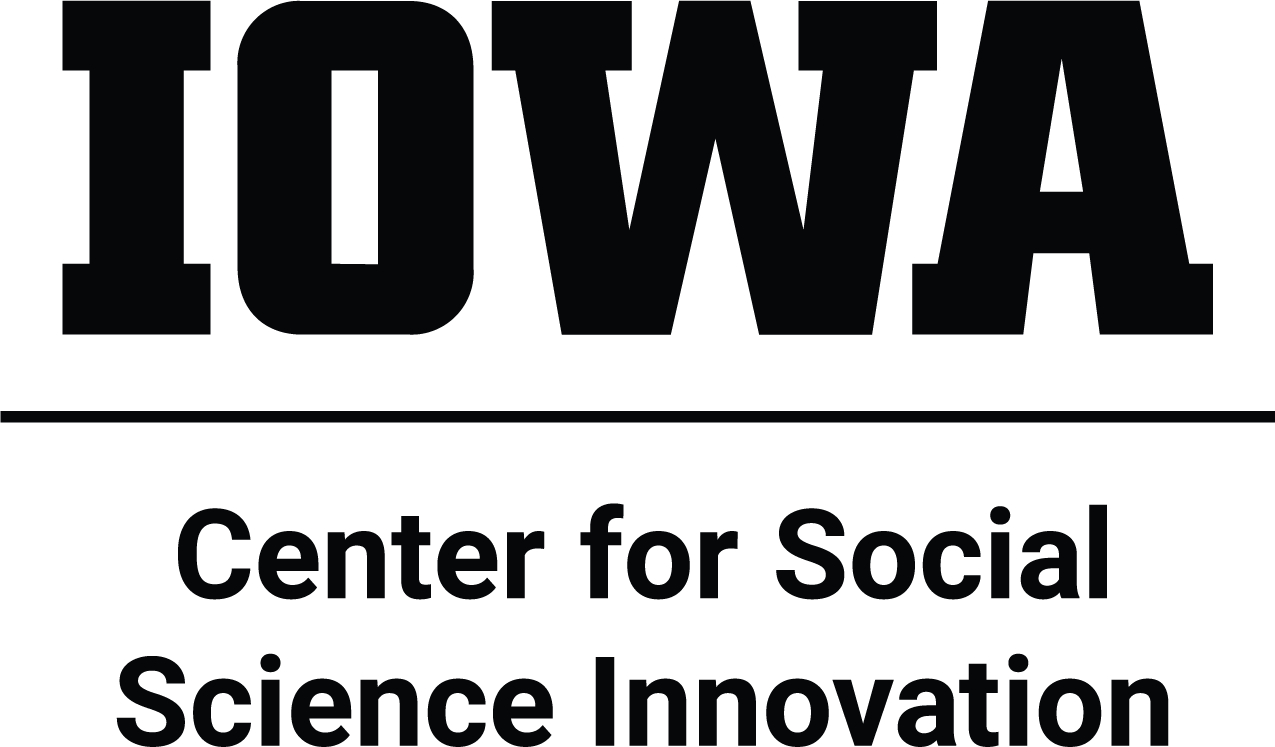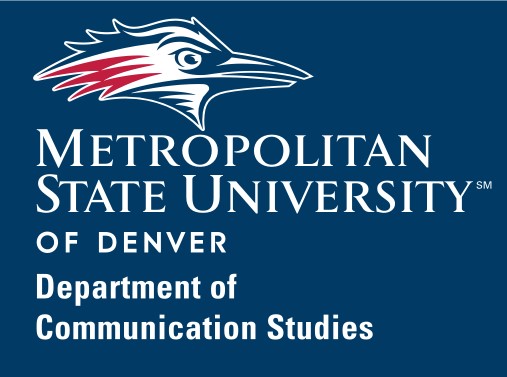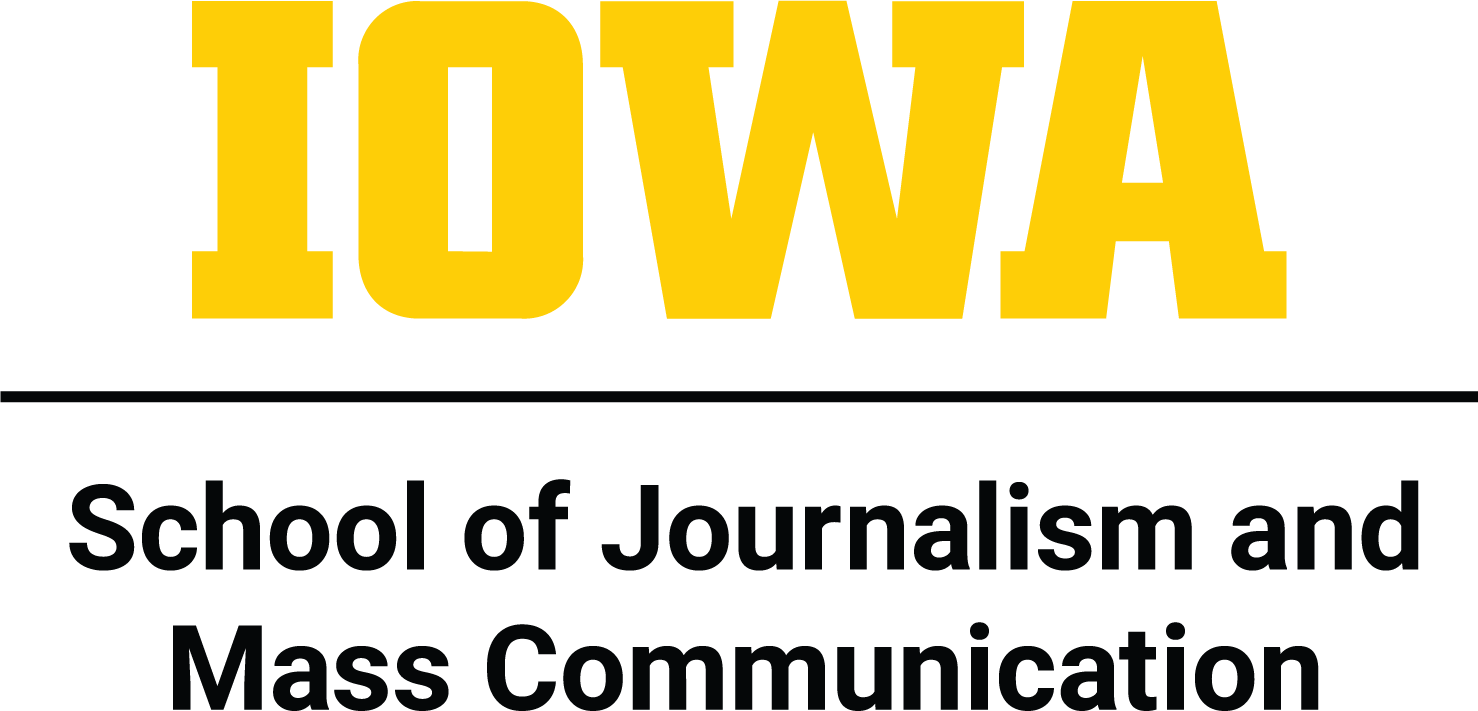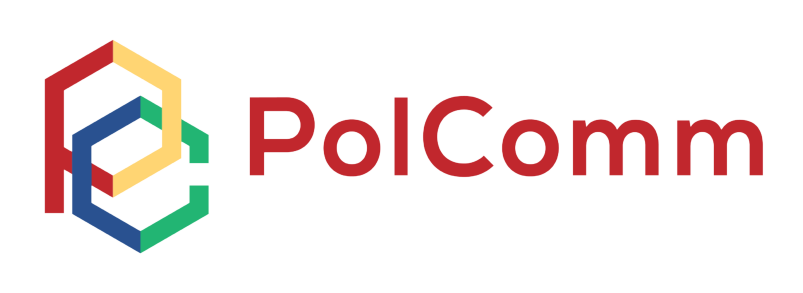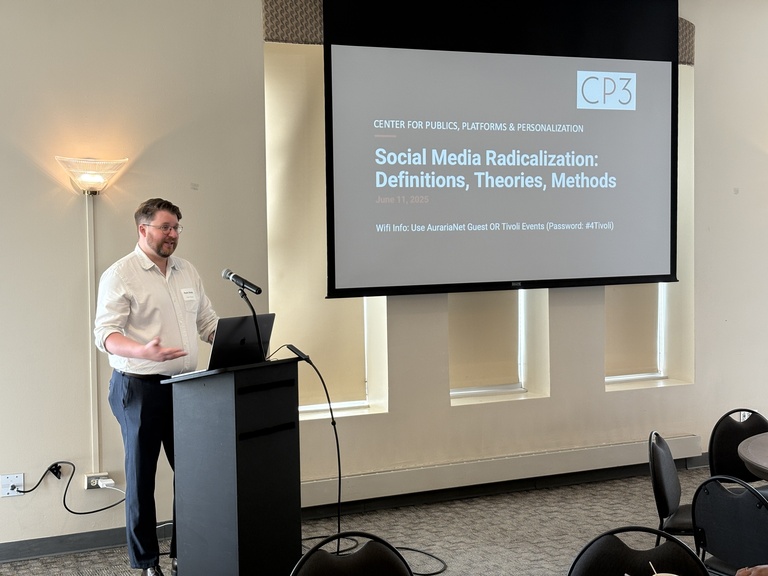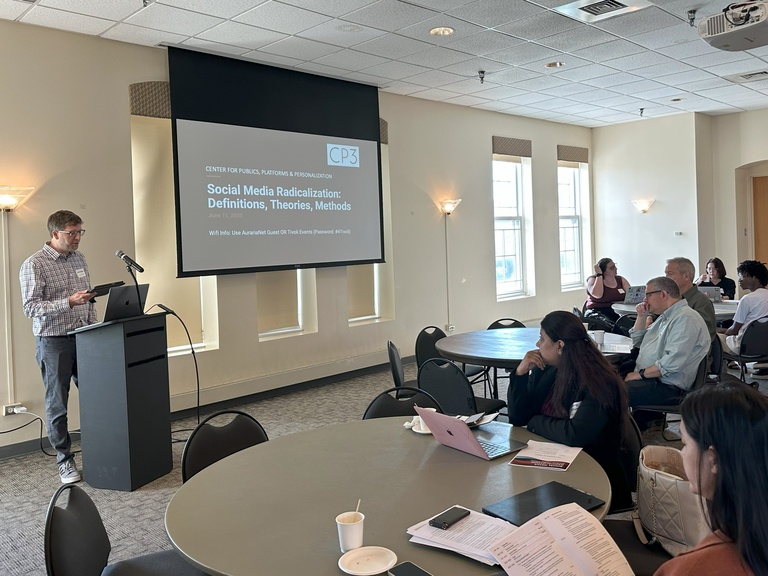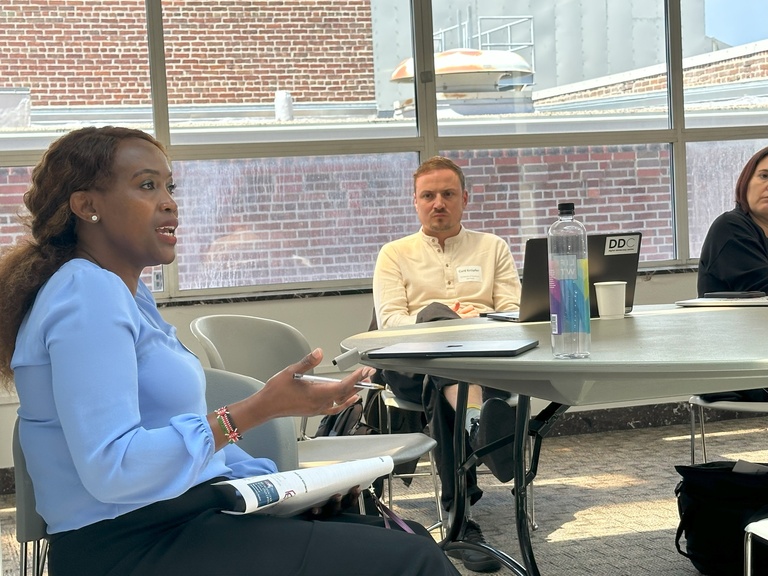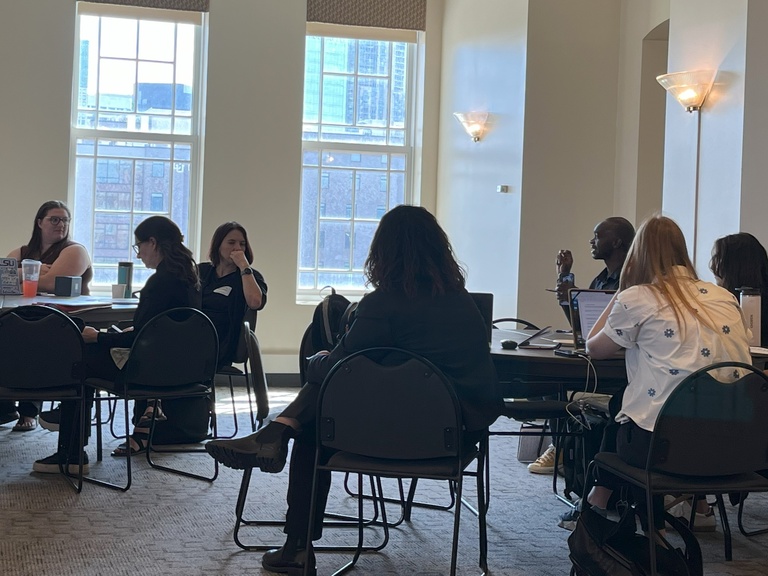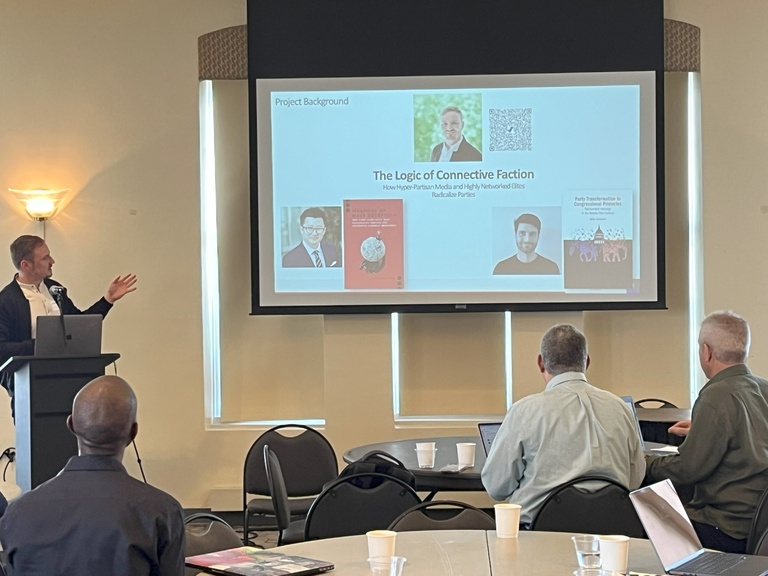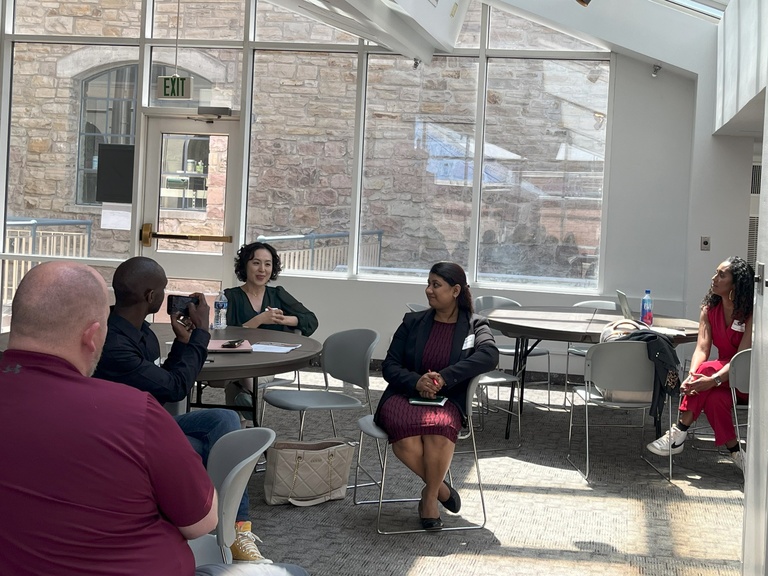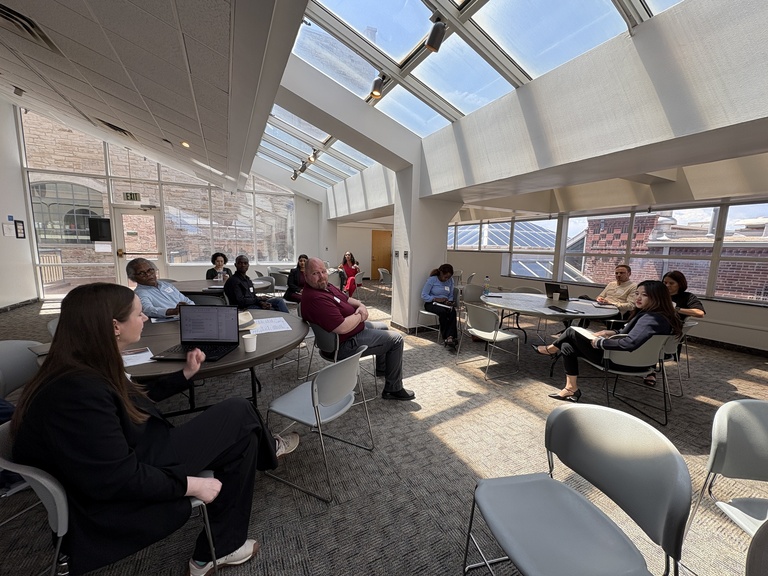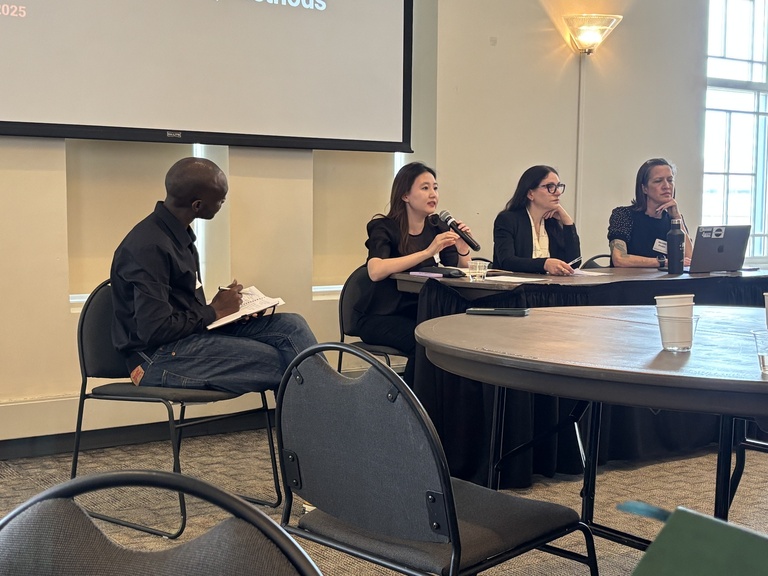Social Media Radicalization: Definitions, Theories, Methods
This International Communication Association (ICA) preconference aims to bring scholars together to:
1) Interrogate the conceptualization of radicalization in research about social media,
2) Diversify perspectives on radicalization online,
3) Highlight work on radicalization that focuses on more “mundane” and “everyday” forms of radicalization online,
4) Consider radicalization online as attitudinal or perceptual rather than solely an outcome of a process.
WHENJune 11, 2025 | |
WHEREAuraria Campus | |
CONTACT |
About the Preconference
The ways people talk about “radicalization” have changed significantly in recent years. Much of the foundational literature on radicalization equates it with violent terrorism (Borum, 2012; Kundnani, 2012; Marwick, Clancy, & Furl, 2022; Meleagrou-Hitchens & Kaderbhai, 2016); yet recent research and popular discourse on radicalization is more closely connected to theories about partisanship, polarization, and extremist beliefs (Almagro, 2023; Biddle et al., 2024; Dalgaard-Nielsen, 2012; Roose, 2019; Tufekci, 2018). People talk about how friends fall through social media “rabbit holes” and begin adopting new, more extreme political beliefs. Bad faith actors engage in strategic information operations on social media to sow discord and widen sociopolitical divides. And political operatives discursively dismiss political opponents and activist movements by labeling them “radical.” This pre-conference aims to fill the gaps between foundational radicalization literature and current understandings of polarization online.
While radicalization takes many forms, social media has been a key area of focus for how radicalization occurs today (Aryaeinejad & Scherer, 2024; Habib, Srinivasan, & Nithyanand, 2022; Haroon et al, 2022; Ibrahim et al, 2023; Roose, 2019; Tufekci, 2018). People express concerns about how echo chambers and filter bubbles affect users on social media, how the political economy of platforms incentivizes anger and division between individuals and groups, and how mis- and dis-information online make it easy for false narratives to spread.
No longer accepting submissions
Registration
Conveniently located less than 1 mile from the ICA conference hotel, the Social Media Radicalization preconference will be held in the Tivoli Student Union building on the Auraria Campus in Denver, CO.
Fee
$100 USD
Registration is required to attend. In-person attendance only. Organizers will provide a catered lunch on-site, as well as morning and afternoon refreshments.
Location
Tivoli Student Union | Auraria Campus
900 Auraria Pkwy, Denver, CO USA
The preconference will be held in room 640 (Zenith) with breakout sessions in room 444 (Loraine Good).
Campus maps, a building directory, and information on parking and accessibility can be found at https://aurariacampus.edu/maps-hours
Schedule
Our preconference features a keynote address, 4 panel sessions, catered lunch, and a moderated discussion with our featured speakers. All panels will consist of 4-5 presentations followed by a moderated discussion and audience Q&A.
| Wednesday June 11, 2025 | |
|---|---|
| 8:30-9:00 | Registration |
| 9:00-9:15 | Opening Remarks by Preconference Organizers |
| 9:15-10:15 | Keynote Address: Samuel Woolley, University of Pittsburgh |
| 10:15-10:30 | Break |
| 10:30-12:00 | Morning Concurrent Sessions |
| Panel 1: Methodological Advances in Studying Social Media Radicalization | |
| Panel 2: Social Media Radicalization in Understudied Contexts | |
| 12:00-1:00 | Lunch |
| 1:00-2:30 | Afternoon Concurrent Sessions |
| Panel 3: Theorizing Social Media Radicalization | |
| Panel 4: Social Media Radicalization and the Far Right | |
| 2:30-2:45 | Break |
| 2:45-4:15 | Featured Panel: Meredith Pruden (Kennesaw State), Sang Jung Kim (University of Iowa), Susana Salgado (University of Lisbon) |
| 4:15-4:30 | Closing Remarks by Preconference Organizers |
Featured Speakers

Samuel Woolley
Dr. Samuel Woolley is a writer, researcher, and professor whose work focuses on how emergent technologies are used in efforts to manipulate global communication processes. His most recent book, Manufacturing Consensus: Understanding Propaganda in the Age of Automation and Anonymity, is an award-winning exploration of the people behind modern propaganda campaigns. Woolley is the William S. Dietrich II Endowed Chair in Disinformation Studies and an Associate Professor in the Department of Communication at the University of Pittsburgh.

Meredith Pruden
Meredith Pruden is an Assistant Professor in the School of Communication and Media at Kennesaw State University. Her interdisciplinary, methodologically agnostic research lies at the intersection of feminist media studies and political communication, exploring harmful online content (e.g., hate speech, supremacism and violent extremist communication), “risky research” and research-related trauma, far-right media and politics (including coercive populist surveillance and tactical engagement), and mis/disinformation and conspiracism in their sociotechnical contexts.
Sang Jung (Sang) Kim
Sang Jung (Sang) Kim is an assistant professor in the School of Journalism and Mass Communication at the University of Iowa. Her research explores how emerging technologies are transforming political communication and journalism, with a focus on the mediating roles of social media platforms and artificial intelligence in the dissemination of multimodal information. She uses computational approaches alongside experimental methods to examine how biases are introduced by content creators and experienced by consumers.
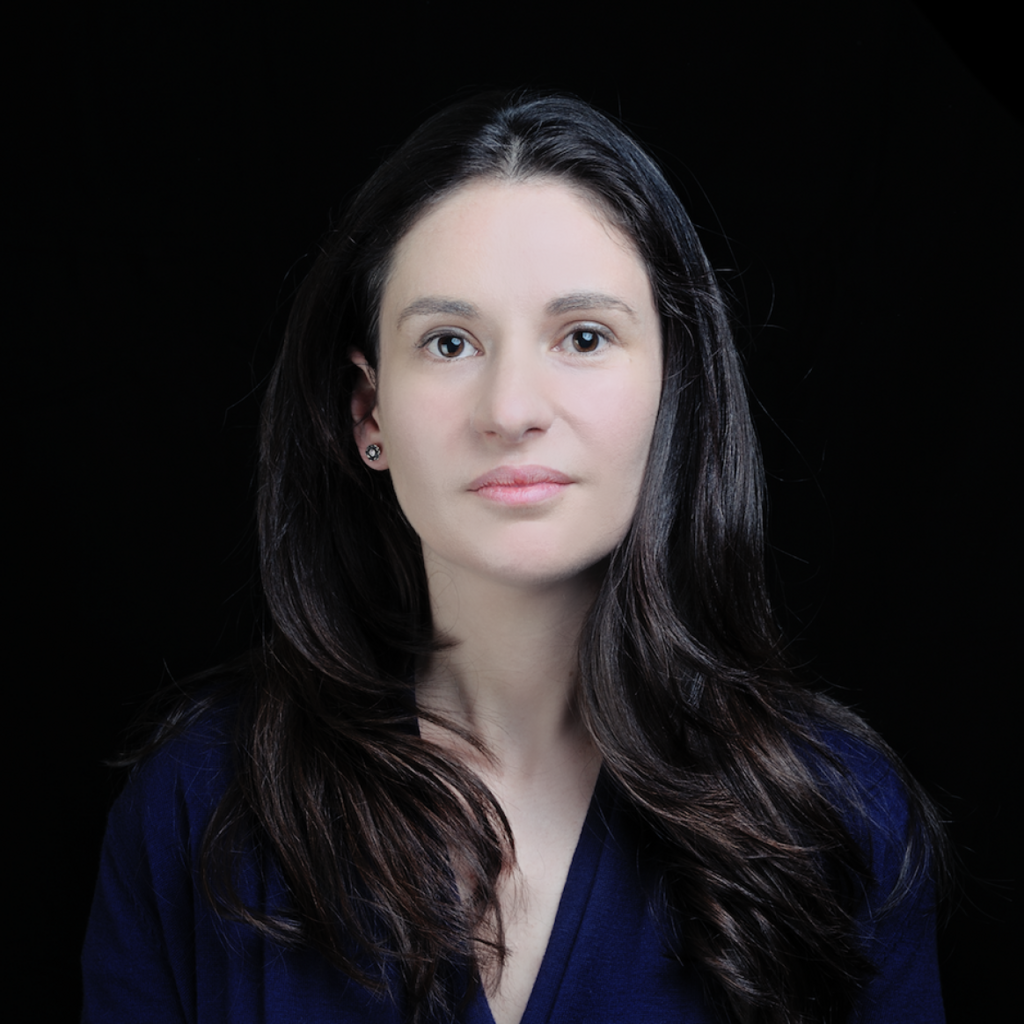
Susana Salgado
Susana Salgado is a Principal Researcher in Political Communication at the Institute of Social Sciences, University of Lisbon, Portugal. She coordinates research projects, teaches, and publishes on topics such as democracy, journalism, populism, disinformation, radical discourses and attitudes, and political polarization. Her ongoing, funded research projects include ‘(The Matrix of) Populist and Denialist Attitudes towards Science’, and ‘Depictions and Politicization of the Truth in Democratic Politics’.
Organizing Committee
The Center for Publics, Platforms & Personalization (CP3) is an interdisciplinary research group dedicated to studying the relationship between personalization algorithms and society. The preconference organizing committee includes:
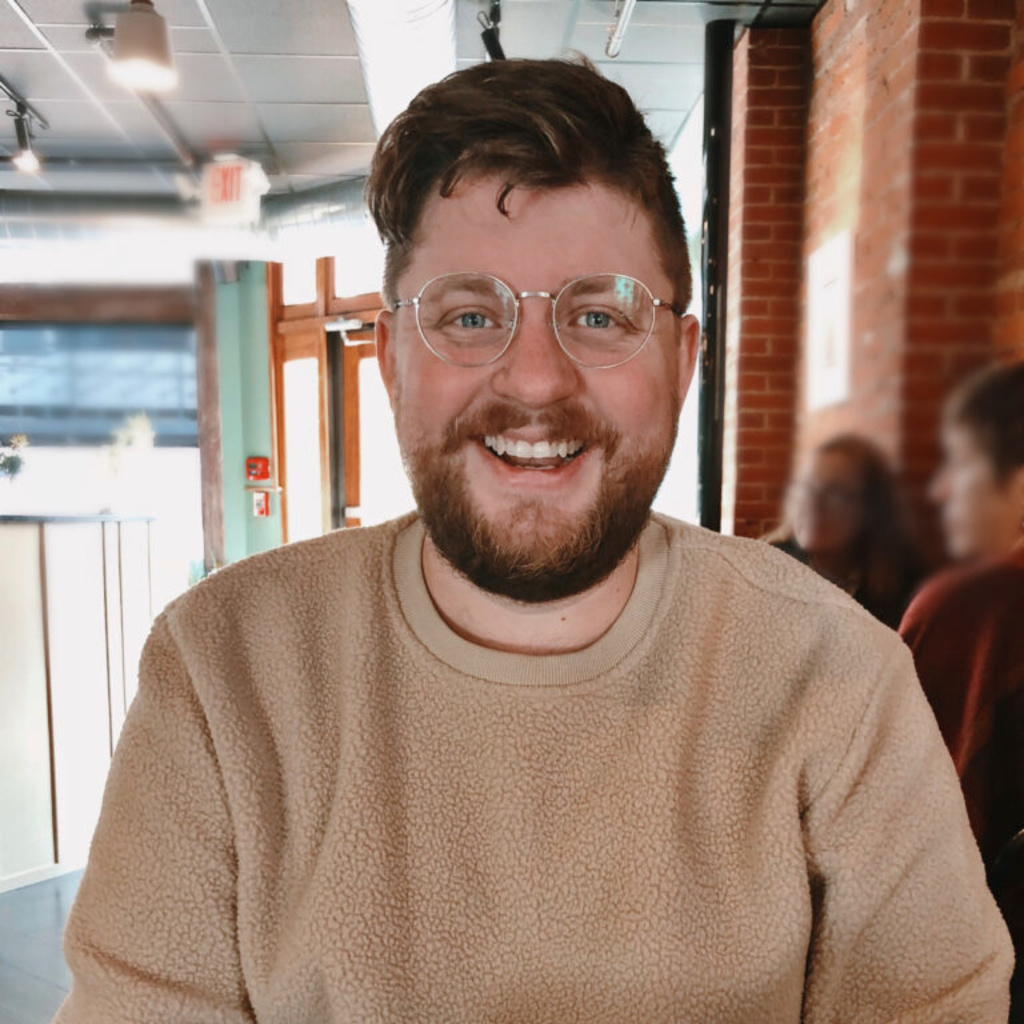
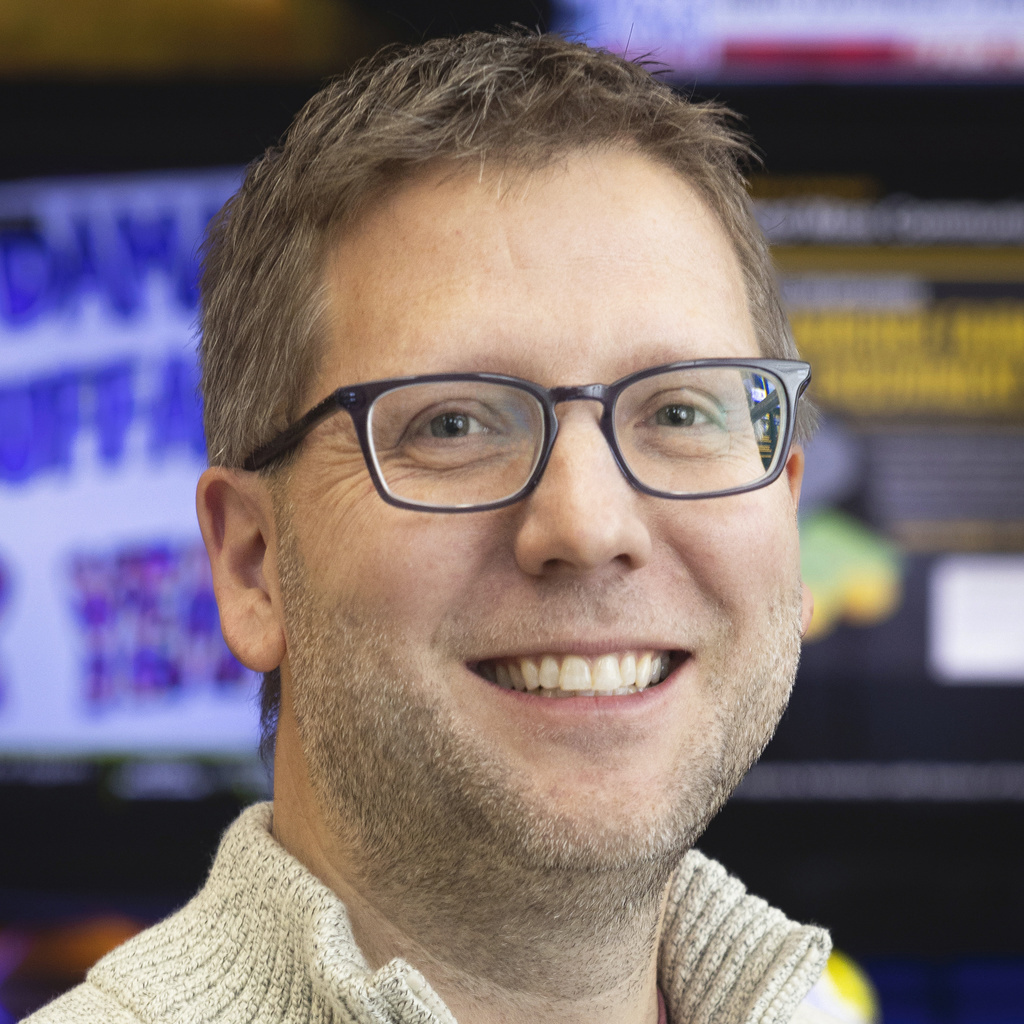
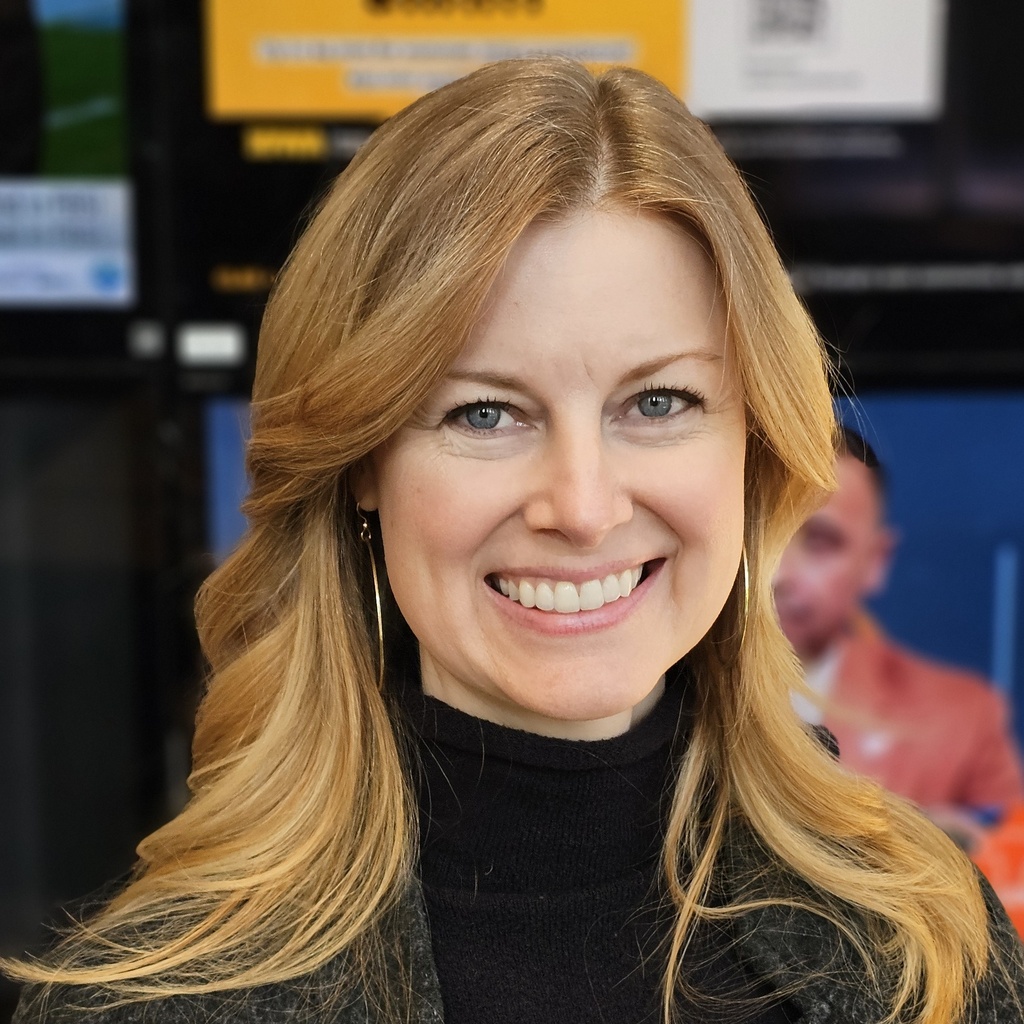
Tamara Ewoldt
University of Iowa
Project Manager


